The role of the religious community in peacekeeping: the page that was lost in Cabo Delgado
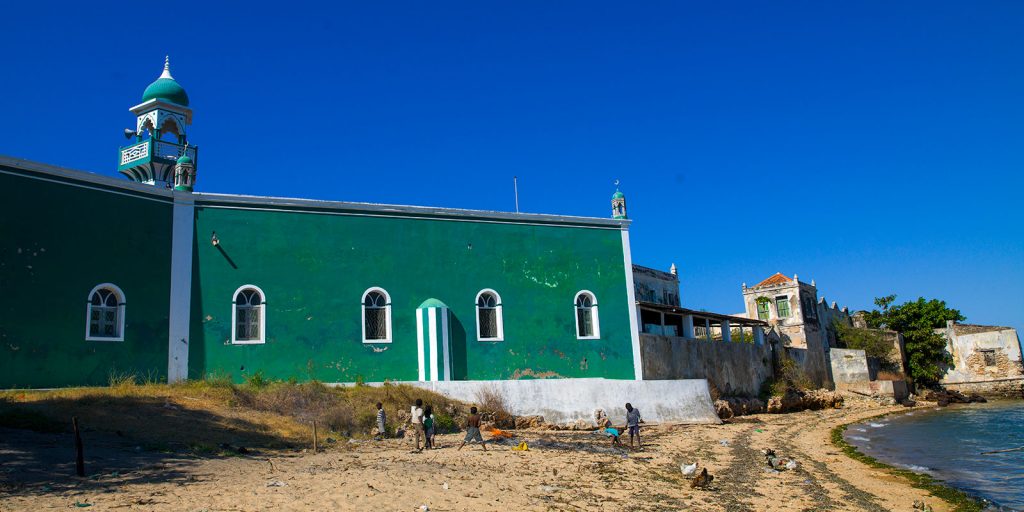
Peace is undoubtedly the basis for the development of any society, especially for developing countries. In Africa, peace may be accepted as the absence of armed conflicts or the silence of weapons – even though poverty, the result of injustice and social inequalities, exacerbated by the unequal distribution of wealth, as well as corruption, unemployment and natural disasters, among other evils, are prevalent throughout the continent – and this much desired laying down of arms and absence of armed conflicts by a considerable number of African countries is an essential condition for combating poverty, restoring justice, socioeconomic and political stability, and sustainable development, including at regional and continental levels.
Lessons learned from the G5 Sahel Force for Mozambique, SADC and the AU
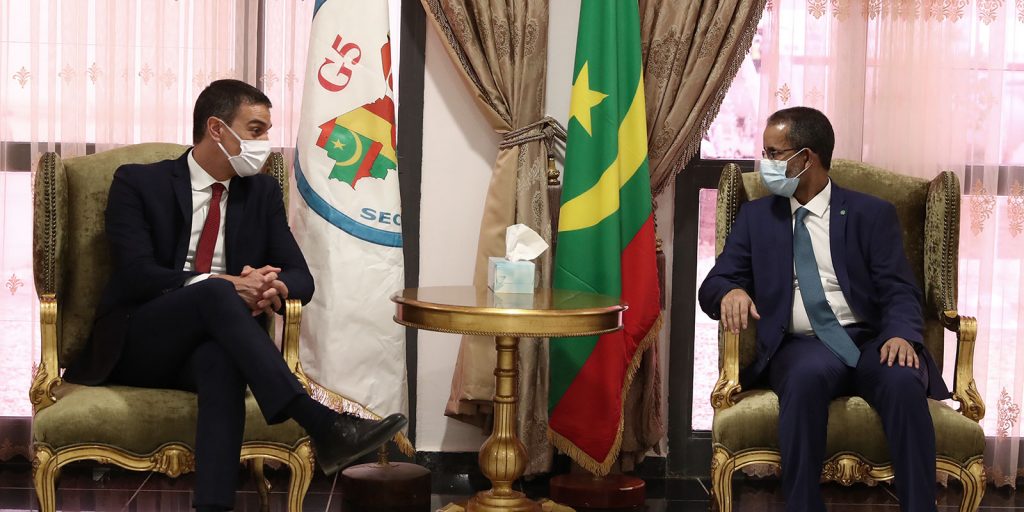
The Group of Five for the Sahel, commonly known as the G5 SAHEL was created in 2014 by the governments of Burkina Faso, Chad, Mali, Mauritania and Niger as a platform to collectively address the development and security challenges confronting them. When carefully analysed, one can see some similarities between Cabo Delgado’s growing challenges with violent extremism and the case of the Sahel.
The Cabo Delgado conundrum amidst the COVID-19 crisis: fostering resilience through inclusive development, peacebuilding, and prevention of violent extremism
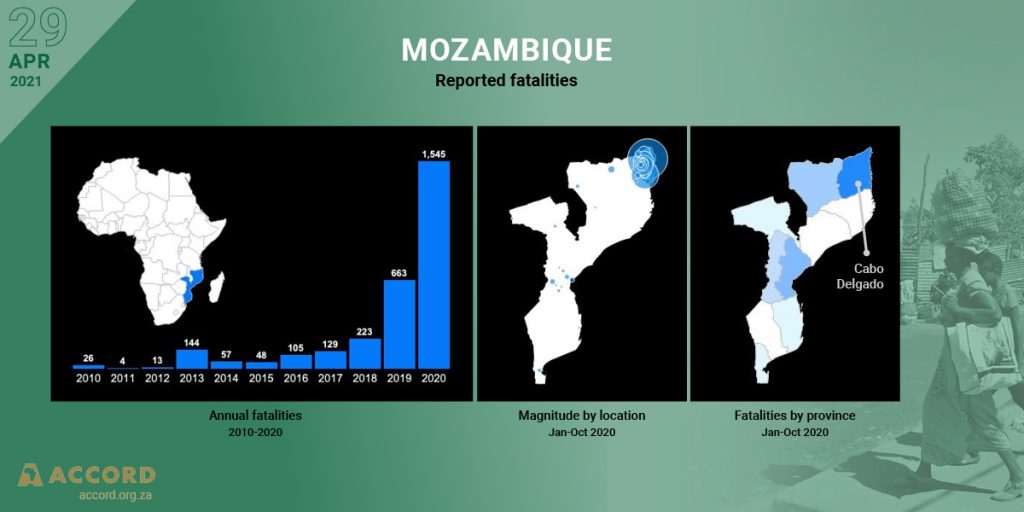
On 22 March 2020, the first case of COVID-19 was announced in Mozambique, followed by the government’s declaration of its first state of emergency on 1 April 2020. In the northern region of Cabo Delgado and neighbouring provinces, the spread of the virus is of additional relevance as, at the time of writing, more than 670,000 people have been displaced due to violent extremist attacks.
COVID-19 and the risks of increasing privatisation of education in Africa
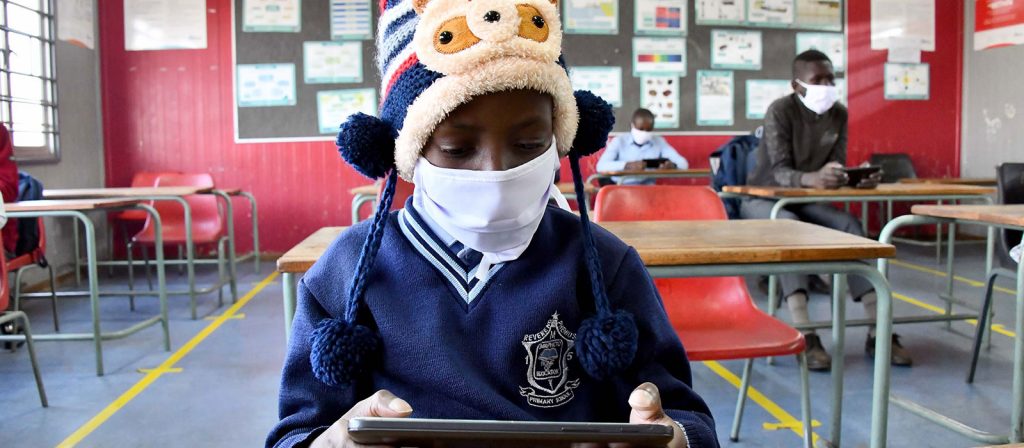
In recent years, there has been a new awareness of the need to hold states to account on their international law obligations to provide quality education for all children, and their duty to regulate private education. It is important not to let COVID-19 set us back on the momentum that was gathering around this issue. What makes it more difficult is that while COVID-19 scythed through government education budgets, and also led to the closure of many low fee private schools, it also created new opportunities for the private sector, particularly in the edu-tech sector.
COVID-19 and School Closures: One year of Education Disruption
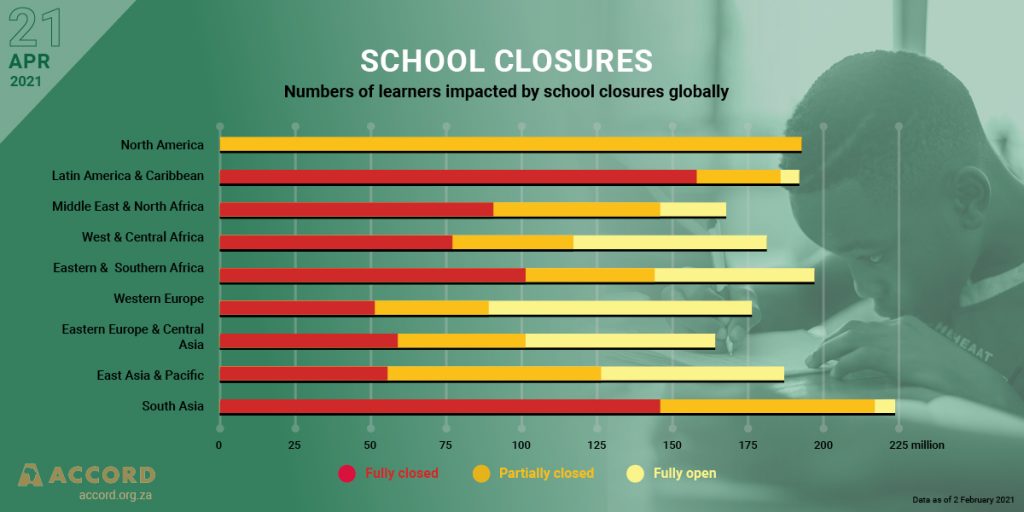
Pre-pandemic, much focus – rightly so – was given to education as a key tool for delivering Africa’s demographic dividend. Essentially, that if continental nations invested in their growing population of children and young people – particularly in their schooling and skills development – and adopted economic policies to create new jobs, Africa as a whole would see significant increases in per capita incomes. Fast-forward to April 2021 – one year into the COVID-19 crisis – and millions of children are not learning and are forgetting what they learned.
The Impacts of COVID-19 in the Education Sector: a Student Leader Perspective
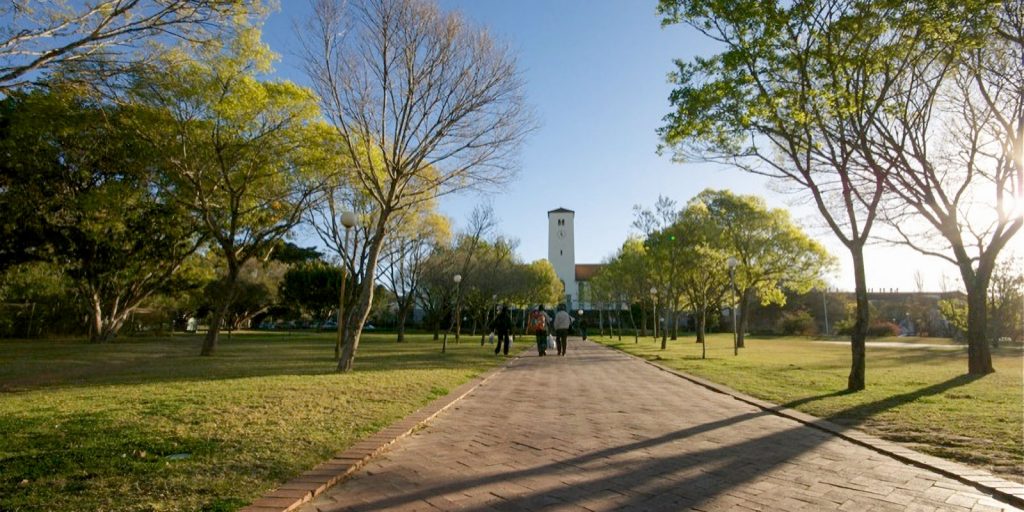
The unprecedented nature of the COVID-19 pandemic took us all by surprise and it interrupted the ‘normal’, rigidly structured operations of many institutions. The world as we knew it became a distant memory as we all scrambled to modify our systems of operation and adapt them to the new normal.
The Impact of COVID-19 on Higher Education
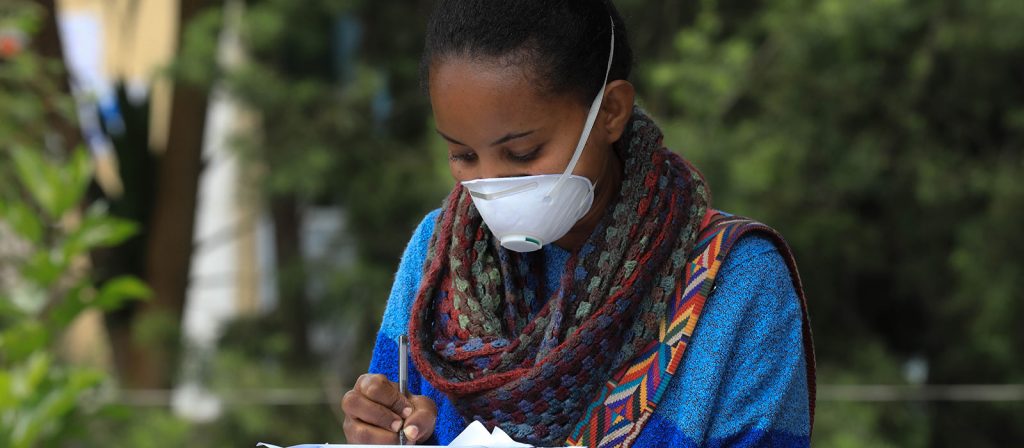
COVID-19 has undoubtedly presented the biggest test of the resilience and relevance of Higher Education institutions in recent times. With the necessity for behavioural change to halt the spread of the virus, Higher Education institutions have been forced to think differently and contribute innovative responses to the pandemic.
Actions taken by the Economic Community of Central African States in response to COVID-19
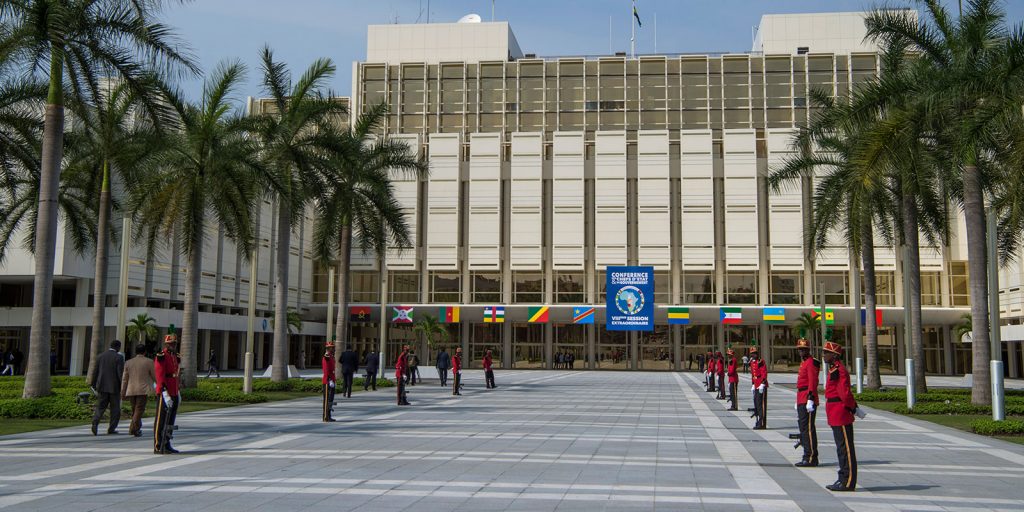
Like all other parts of the world, the Economic Community of Central African States (ECCAS) has been affected by the COVID-19 pandemic since 6 March 2020 and all eleven member countries had registered their first cases by 6 April 2020. In addition to a number of steps taken by ECCAS, plans are also moving forward to establish a sub-regional body for the coordination of health issues in ECCAS.
Chronicles of Cameroon’s Multidimensional Crisis during the COVID-19 Pandemic
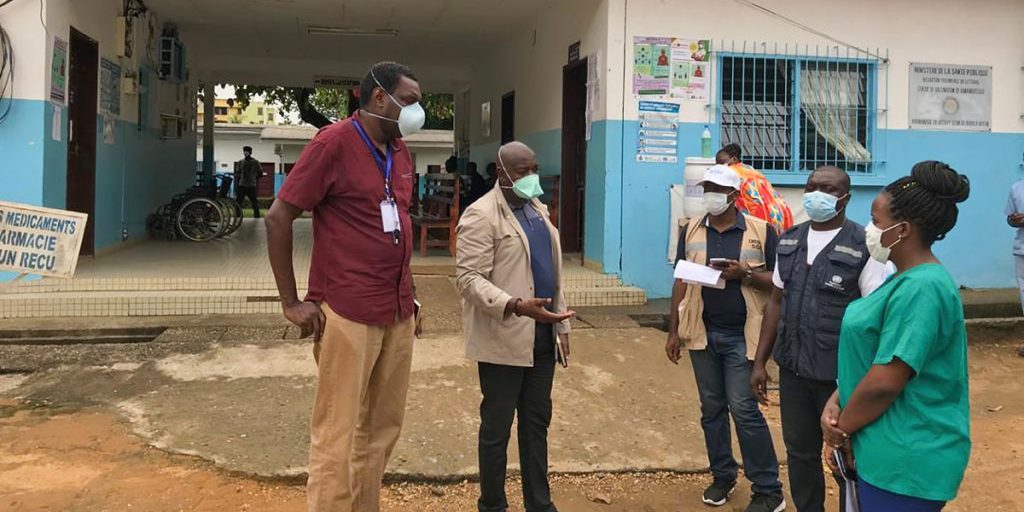
Among other things, Cameroon has responded to the pandemic by relying on local political practices as well as diplomatic experiences with neighbouring countries in order to maintain its sub-regional leadership. By analysing how COVID-19 shapes local governance, this piece looks on the one hand at the entanglement between conflicts and the pandemic and on the other hand, it shows how the ‘sedimentation’ of the new pandemic unveils local political practices which affect Cameroon’s relationships with neighbouring countries.
Militarism and Political Elitism Challenge Peace in the Central African Republic
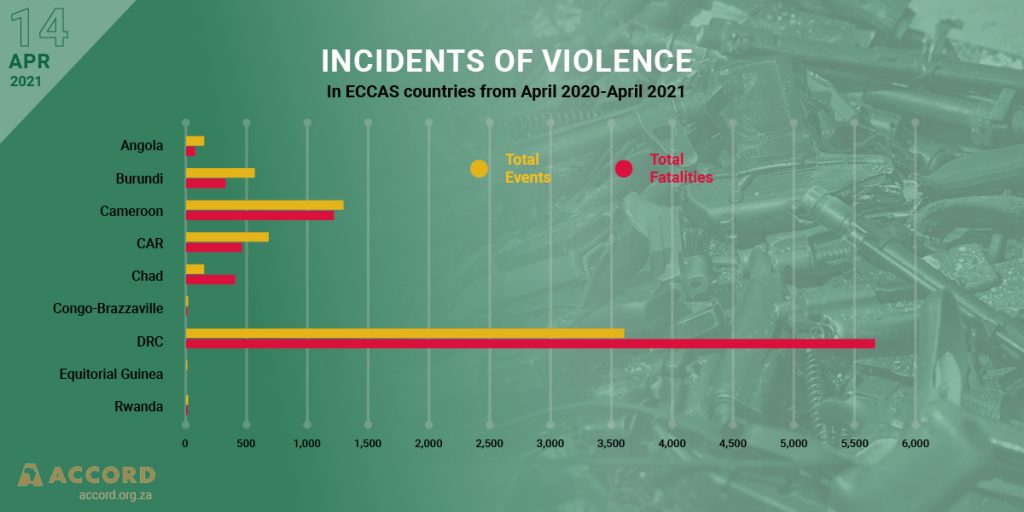
The two rounds of presidential elections in December 2020 and March 2021 resulted in the re-election of Faustin Archange Touadéra as President of the Central African Republic. Armed groups disrupted the electoral process in several areas, but the armed forces of CAR with support from the UN mission, Russia and Rwanda were able to sufficiently stabilise the situation for the elections to be successfully concluded.
